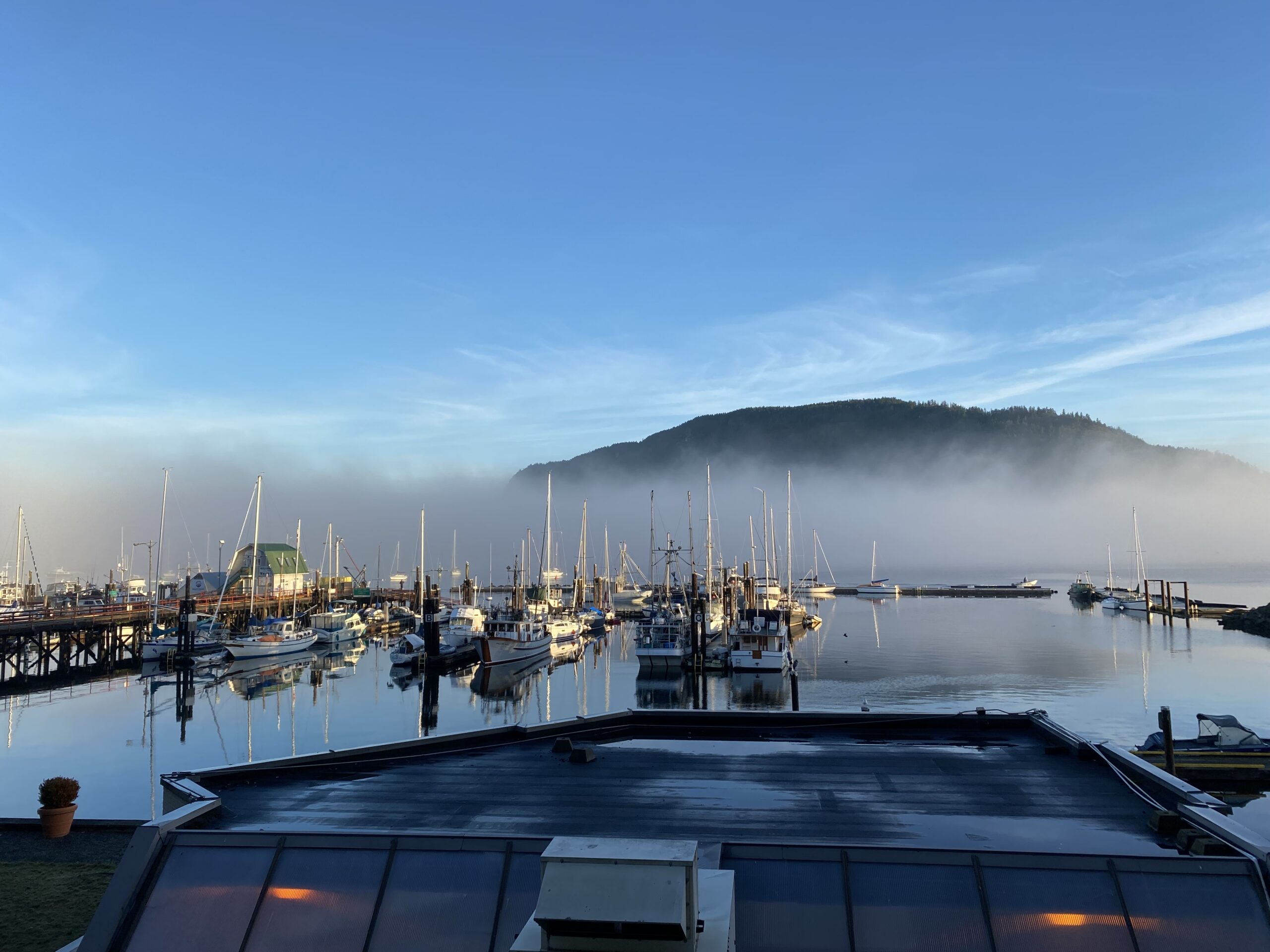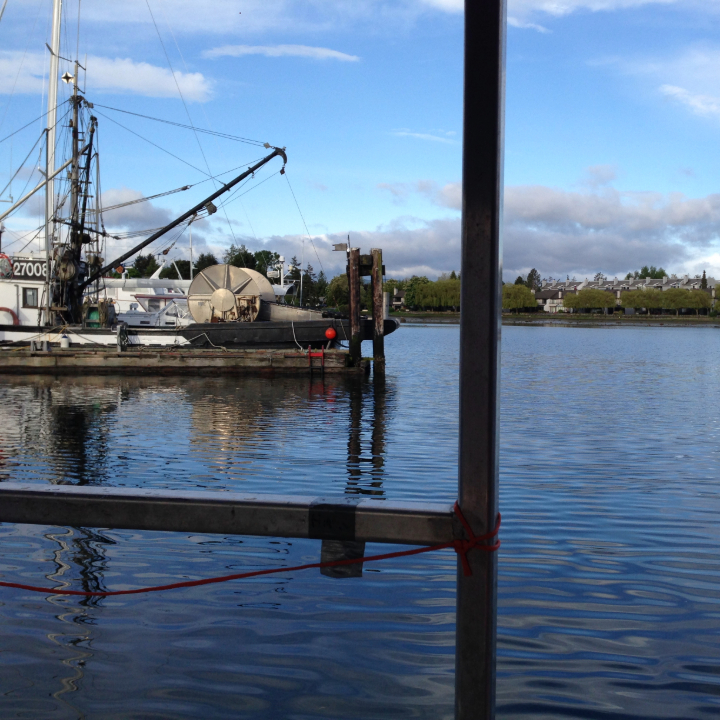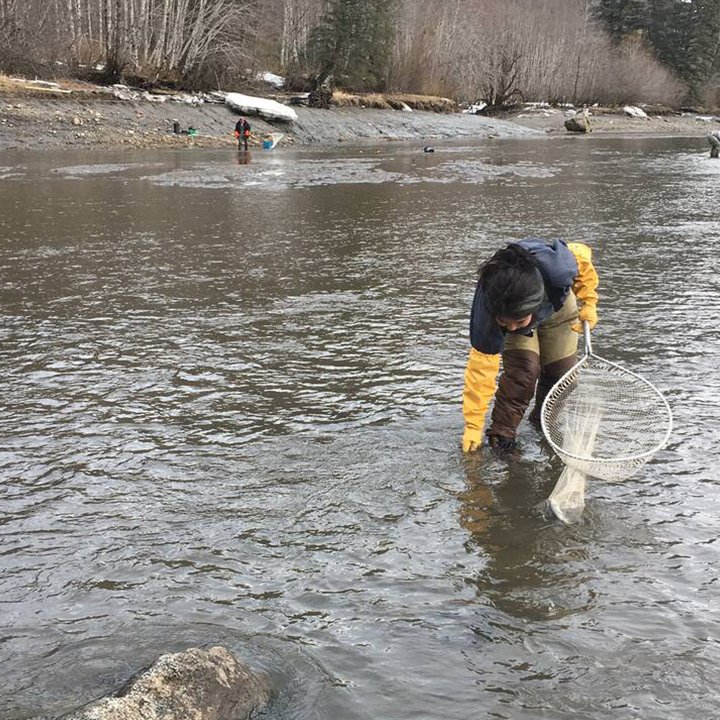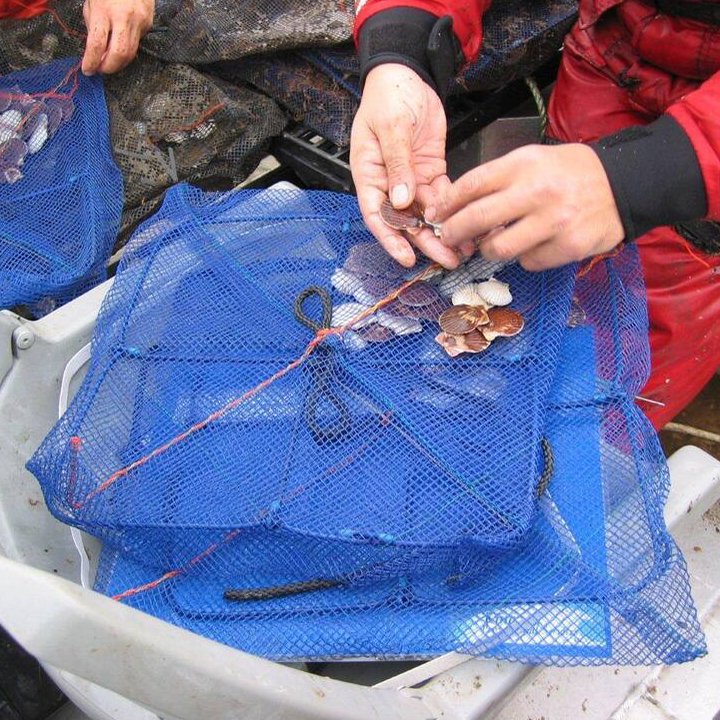Overview
In 2019, FNFC partnered with Transport Canada through the Commitment to Actions and Results Accord to work on Oceans Protection Plan initiatives. FNFC convened the Ship Movement and Vessel Management Coordinating Committee (VMCC) to work on the South Coast Cumulative Effects of Marine Shipping (CEMS) initiative alongside Transport Canada. This initiative has been collaboratively developed with First Nations in south coast British Columbia (B.C.) through the VMCC to collectively plan, scope, and assess the potential impacts of shipping related activities on areas of concern identified by the committee. As of 2024, the CEMS initiative in the South Coast is in the assessment phase, and the assessment will be completed in spring 2025. After the assessment is completed, discussions on mitigation and management recommendations will take place with external stakeholders.
Throughout the development of the program, the regional assessment has helped to inform and been informed by both sub-regional cumulative effects work and bilateral discussions with First Nations. This multi-layered assessment approach has ensured there are multiple ways for Nations to be involved and has created space for community level concerns to be addressed at the same time as larger regional concerns.
Overall Goals of the South Coast Assessment
• Co-develop a suite of mitigation and management measures which will be jointly recommended to address adverse regional cumulative effects of marine shipping and used to influence decision-making processes that may affect the manner in which First Nation’s territories are managed.
• Create working relationships and seek opportunities for collaboration with relevant federal government departments, First Nations, provincial governments, the shipping industry, coastal communities, non-governmental organizations, and other marine stakeholders, as needed and appropriate.
• Identify shared priority marine shipping issues and assessment priorities founded on the Indigenous values identified by the VMCC, specific to the area of South Coast BC and complete a regional cumulative effects assessment (RCEA) for issues and assessment priorities to create a map of potential effects across the South Coast.
• Develop a knowledge library / database of existing information that can be used to inform and undertake the CEMS RCEA.
• Provide input into the development of a national CEMS framework, a guidance document that will help inform the conduct of regional cumulative effects assessments across the country.
Identification of Regional Connections
As part of the regional work being conducted for the South Coast region, the VMCC and TC collectively engaged in a number of conversations regarding the scope and extent of the project and how project can be designed to reflect the unique social, cultural, ecological, and economic context of this region.
The VMCC identified two distinct processes to guide their work:
1. The work was to be centered on the concept of Indigenous Values, which, in contrast to “valued components” of other cumulative impacts assessment methods, are based in a holistic understanding of the environment that often views relationship and connection between all things requiring respect and responsibility.
2. While each participating Nation may have different Indigenous Values, specific issues and concerns emerged that are shared by all participating VMCC members. These issues were identified as being likely to benefit from a regional assessment approach.
Next Steps
As the assessment phase of this initiative concludes in spring 2025, the VMCC alongside TC will be working to develop a suite of mitigation and management recommendations to protect and restore the marine ecosystem in South Coast B.C. Surrounding First Nations communities will be involved throughout this decision making phase. There will also be opportunities for stakeholders to engage in conversations during this period.
Images
Events
Resources and publications
South Coast BC Engagement Guide
Lessons learned from the Cumulative Effects of Marine Shipping initiative in south coast B.C.
Reflections and Recommendations from the Oceans Protection Plan
Reflections & Recommendations from First Nations involvement in the Oceans Protection Plan
First Nations in BC and Marine and Coastal Management
Supporting First Nations communities in advancing their interests related to marine protection and management links directly to the Action Plan’s third theme, Safeguarding Habitat and Responding to Threats, which calls for First Nations to work together
Oceans Protection Plan Commitment [2019]
Contact
Marine and Coastal Management
Megan Stewart, Manager Marine and Coastal Management
megan@fnfisheriescouncil.ca
